As a devoted dog parent, there’s nothing worse than seeing your once lively and excitable pup slow down. After all, your pet is a member of the family – and their wellbeing is just as important as yours. Whether you’re exploring rugged trails, strolling through peaceful countryside or enjoying a weekend getaway, your canine companion is always right there beside you, sharing in your adventurous spirit.
Just like us, dogs’ joints can start to get a bit iffy as they get older, so watching your pup age gracefully and comfortably is a priority. Dogs of all ages and breeds can face joint-related challenges, whether from natural ageing, breed-specific traits or an active lifestyle.
Thankfully, with the latest advancements in joint care, keeping your four-legged pal agile and pain free has never been easier. With the right support, you can ensure they continue to enjoy every moment with you – from their daily sniffari-around-the-block to long weekend walkies – without discomfort holding them back.
This guide is full of practical tips on caring for your dog’s joints, from recognising early signs of stiffness and choosing the right supplements and exercises to knowing when it’s time to consult your vet.
Why Is Joint Health For Dogs So Important?
Joint health is crucial to your dog’s quality of life, allowing them to run, play and even relax without being in pain. As they age, natural wear and tear on the cartilage can lead to stiffness, inflammation and mobility issues.
This can affect all breeds, but larger dogs with a predisposition to joint pain and difficulties like Labradors, Great Danes and German Shepherds, or those with high-energy activity levels are especially susceptible. Taking steps to support joint health from a young age can help prevent these issues, enabling your dog to stay active and comfortable as they grow older.
Signs Your Dog May Be Experiencing Joint Issues
If you notice any of the following signs, it may indicate joint discomfort or mobility problems in your dog. These subtle cues are worth monitoring, as they can provide early signs of joint-related issues and prompt the right care to support your pet’s comfort and mobility. If you’re worried about degenerative joint disease in dogs, we take a deep dive into this topic here:
- Limping or stiffness: these are often the first noticeable signs of joint pain, especially after rest.
- Irritability or restlessness: pain can make dogs feel uncomfortable, affecting their mood.
- Changes in appetite or grooming habits: some dogs lick or chew at the affected area, seeking relief.
- Frequent tumbles when moving around: if your dog seems to stumble or lose balance more often, it could indicate weakening joints or muscle loss, making it harder for them to stabilise as they move.
- Depression: behavioural changes like withdrawing from playtime, losing interest in favourite activities, or even seeking solitude may signal discomfort or pain, leading to signs of depression in your pet.
- Lethargy: a notable decrease in energy or reluctance to engage in daily activities could point to joint discomfort, as your dog may avoid movement that might cause pain or strain on their joints.

How To Keep Your Dog’s Joints Strong And Flexible
Maintain Their Weight
One of the most impactful things you can do to support your dog’s joint health is to maintain their ideal weight. Extra pounds put additional strain on your dog’s joints, increasing wear and tear, especially for active breeds.
A healthy, balanced diet and portion control can help keep their weight in check. Speak with your vet about the best diet for your dog’s specific needs, which may vary depending on their age, breed and lifestyle.
Get Them Moving
Regular, moderate exercise is key to keeping your dog’s joints strong and flexible. Consistent, moderate activity tailored to your pup’s fitness level can help them stay active while minimising the risk of joint issues.
Here are some beneficial low-impact exercises for joint health:
Daily walks
Even a gentle stroll helps keep joints mobile.
Swimming
This is an excellent low-impact exercise that reduces strain on joints while building muscle.
Controlled play
Encourage softer activities like fetch on grass rather than high-intensity games that can lead to strain.

Try A Supplement
Just as you benefit from a nutritious diet, so does your dog, particularly when it comes to joint health. Foods rich in omega-3 fatty acids and antioxidants support joint function and help reduce inflammation.
Supplements are also valuable in maintaining joint health. Glucanine offers a scientifically formulated joint supplement designed specifically for dogs, with a unique blend of ingredients that promote cartilage health, reduce wear and tear and support natural joint lubrication.
It contains this unique combination:
Glucosamine and chondroitin sulphate
These compounds are key building blocks for cartilage and help maintain its structure, elasticity and shock-absorbing qualities. Together, they support cartilage repair, reduce inflammation and may slow the progression of joint degradation.
MSM (methylsulfonylmethane)
This natural source of sulphur aids in collagen synthesis and helps maintain joint flexibility. MSM also possesses anti-inflammatory properties, which can reduce joint pain and stiffness while supporting overall joint health.
Hyaluronic acid
Acting as a natural lubricant, hyaluronic acid is essential for smooth joint movement, reducing friction between joint surfaces. It helps cushion joints, promoting better mobility and comfort.
Collagen
As the primary protein in connective tissues, collagen provides structure and strength to tendons, ligaments and bones. It supports joint health, aids in muscle recovery and helps strengthen the tissue surrounding joints, which can be particularly beneficial for active or ageing dogs.
DL-methionine
This essential amino acid supports cartilage health and protects joints from oxidative damage. It helps maintain tissue integrity, particularly in connective tissues, and contributes to the synthesis of other joint-protecting compounds.
Essential amino acid complex
This blend of amino acids provides critical support for muscle maintenance, joint function and connective tissue health. Amino acids like lysine and proline are crucial for collagen production and help strengthen ligaments and tendons, providing comprehensive joint support.
When To Consult Your Vet About Joint Health Concerns
While a proactive approach to joint care can make a huge difference, there are times when it’s best to seek professional guidance. If your dog shows persistent signs of joint pain, or if their mobility decreases despite your care, consult your vet for an evaluation. They may recommend advanced treatments or therapies, and can guide you on the best approach for your dog’s specific needs.
Gentle-On-Tummy Dog Joint Care
Ensuring your pooch is at their best depends on what goes into their tummy. Our carefully crafted formula is:
- made from the finest all-natural ingredients
- comes in a tasty easy-to-use paste and powder (guaranteed to get tails wagging!)
- gentle on the gut for easy digestion.
By being proactive in your approach to joint care, you can help your furry friend enjoy life with comfort and mobility. After all, our pets bring us boundless joy – it’s only fair we give them the same in return.
We know how much your dog means to you. Explore our Glucanine paste and powder: the perfect addition to their routine, ensuring they stay active and comfortable for years to come.
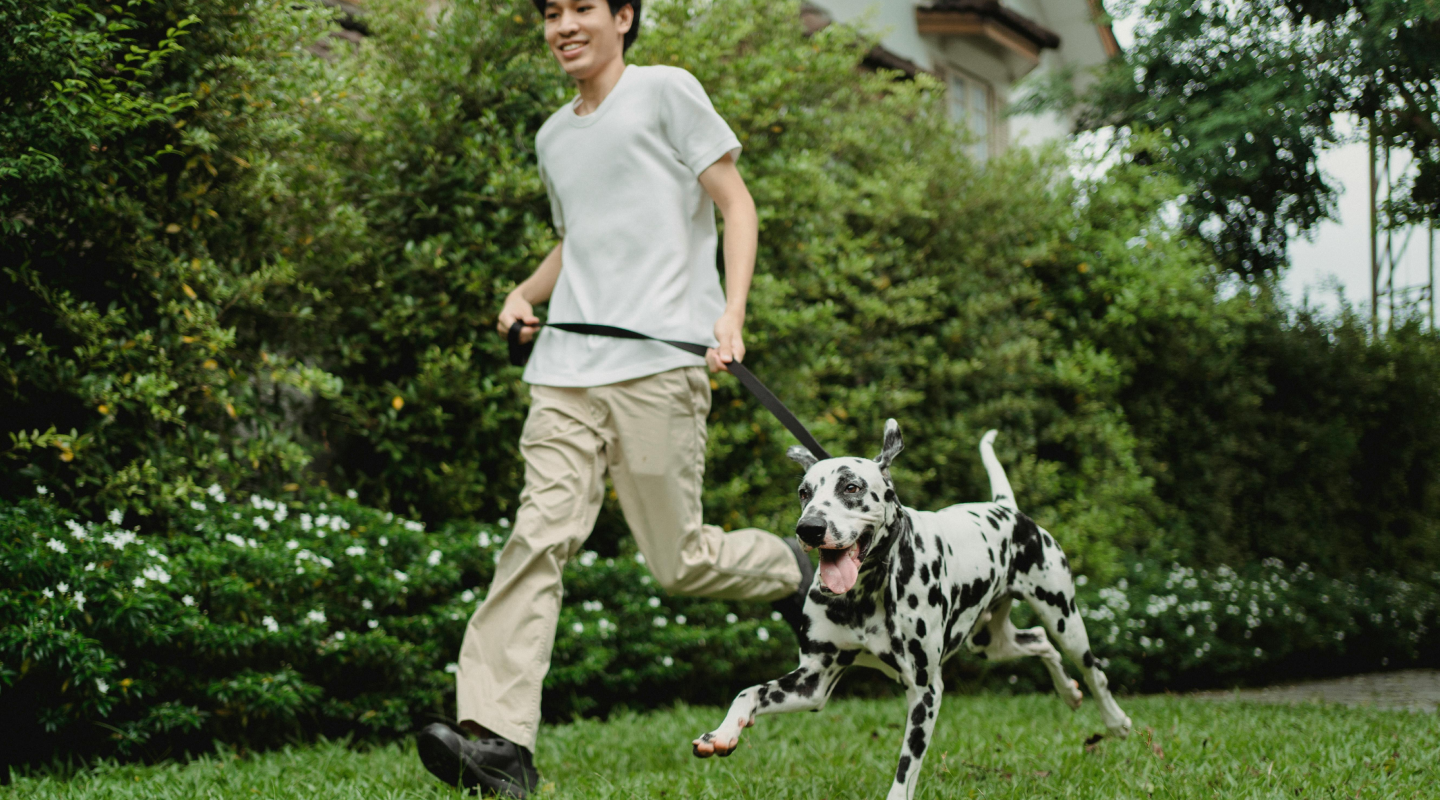


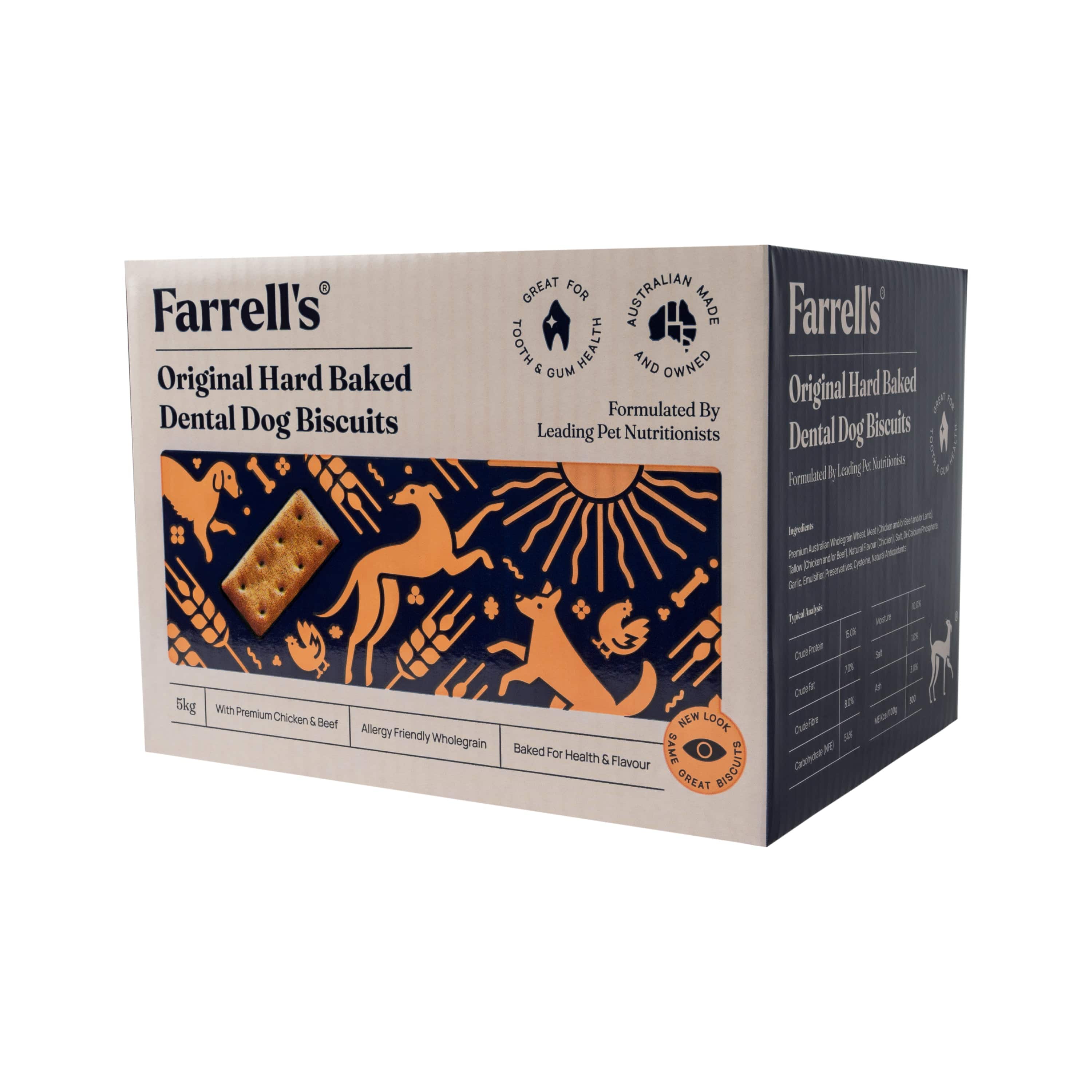
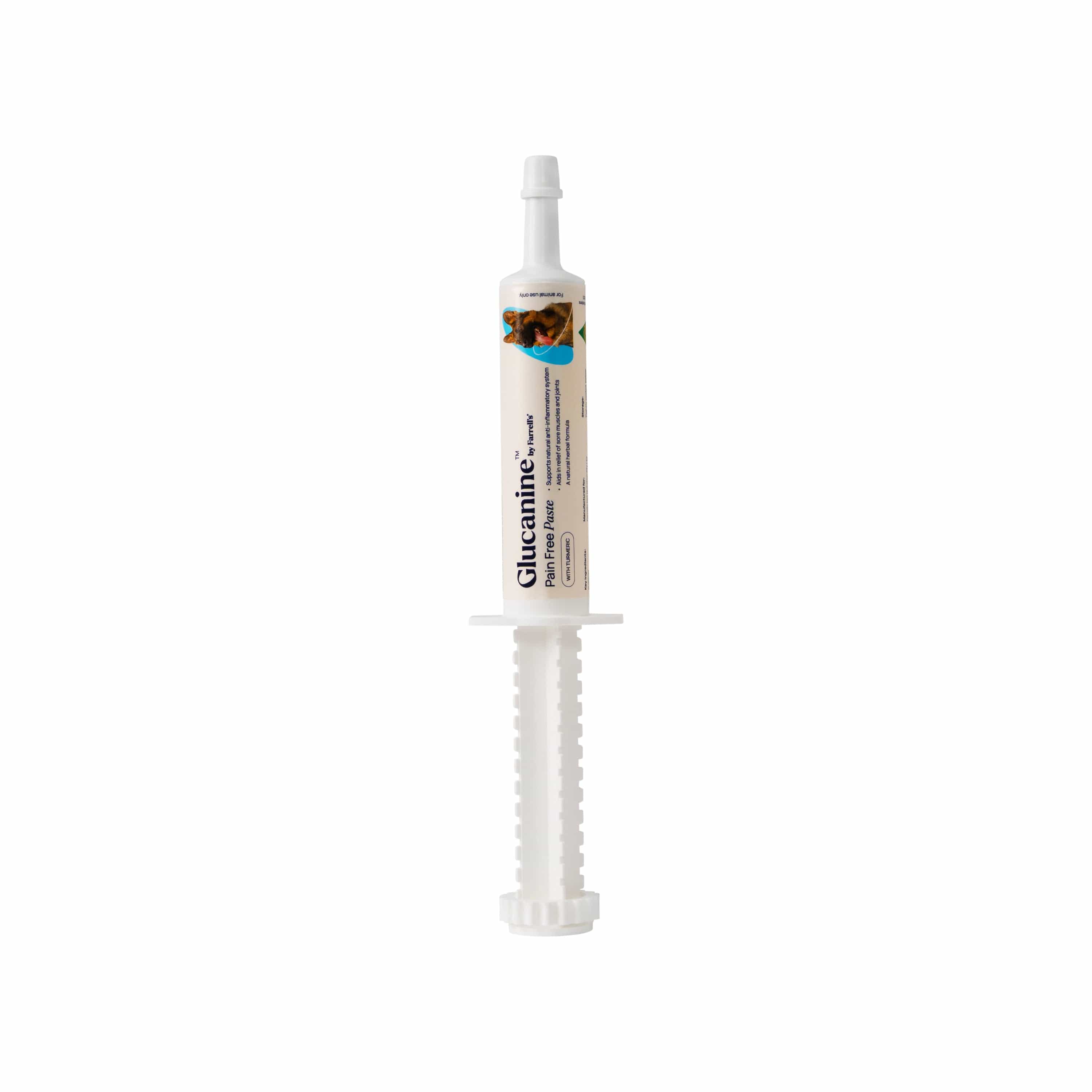
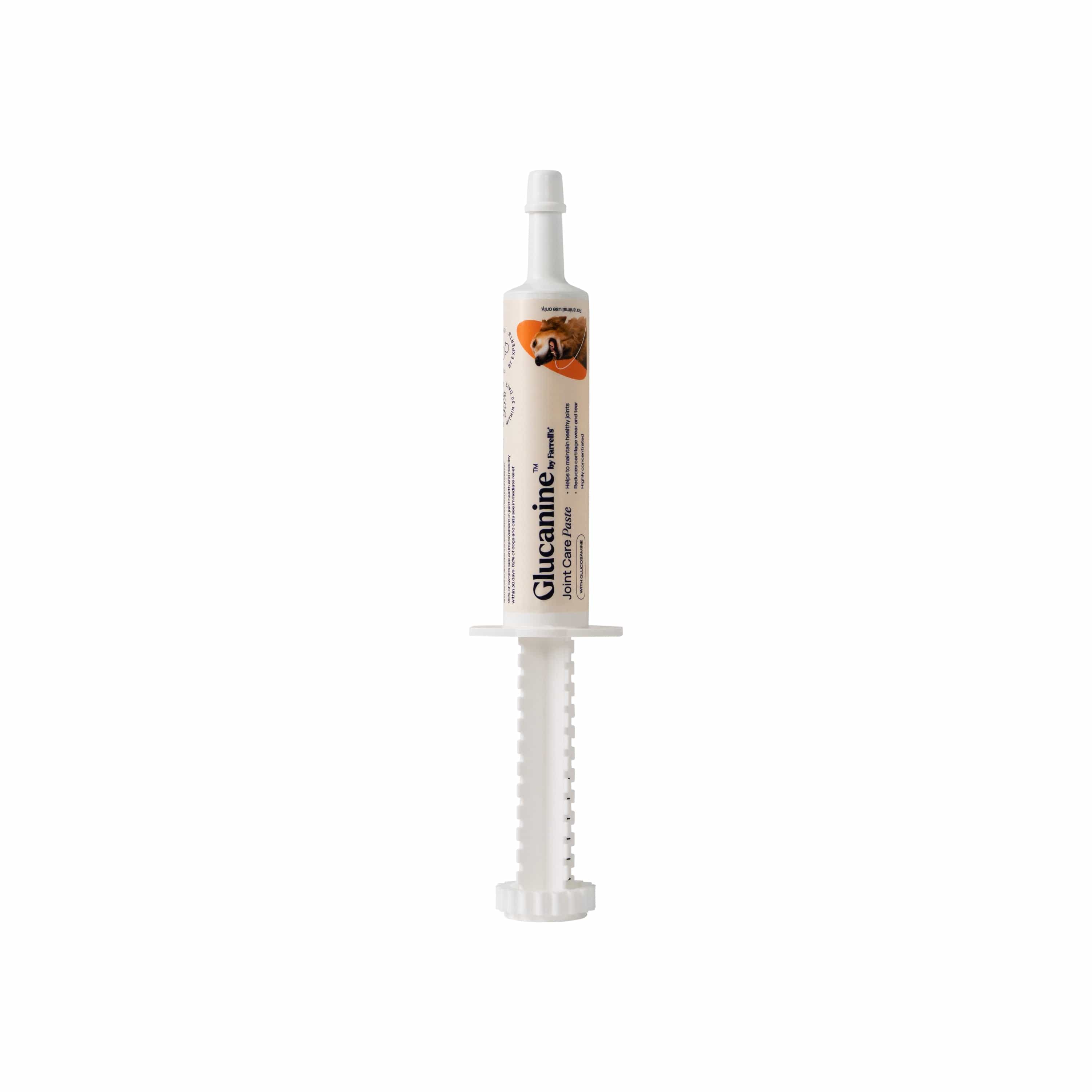
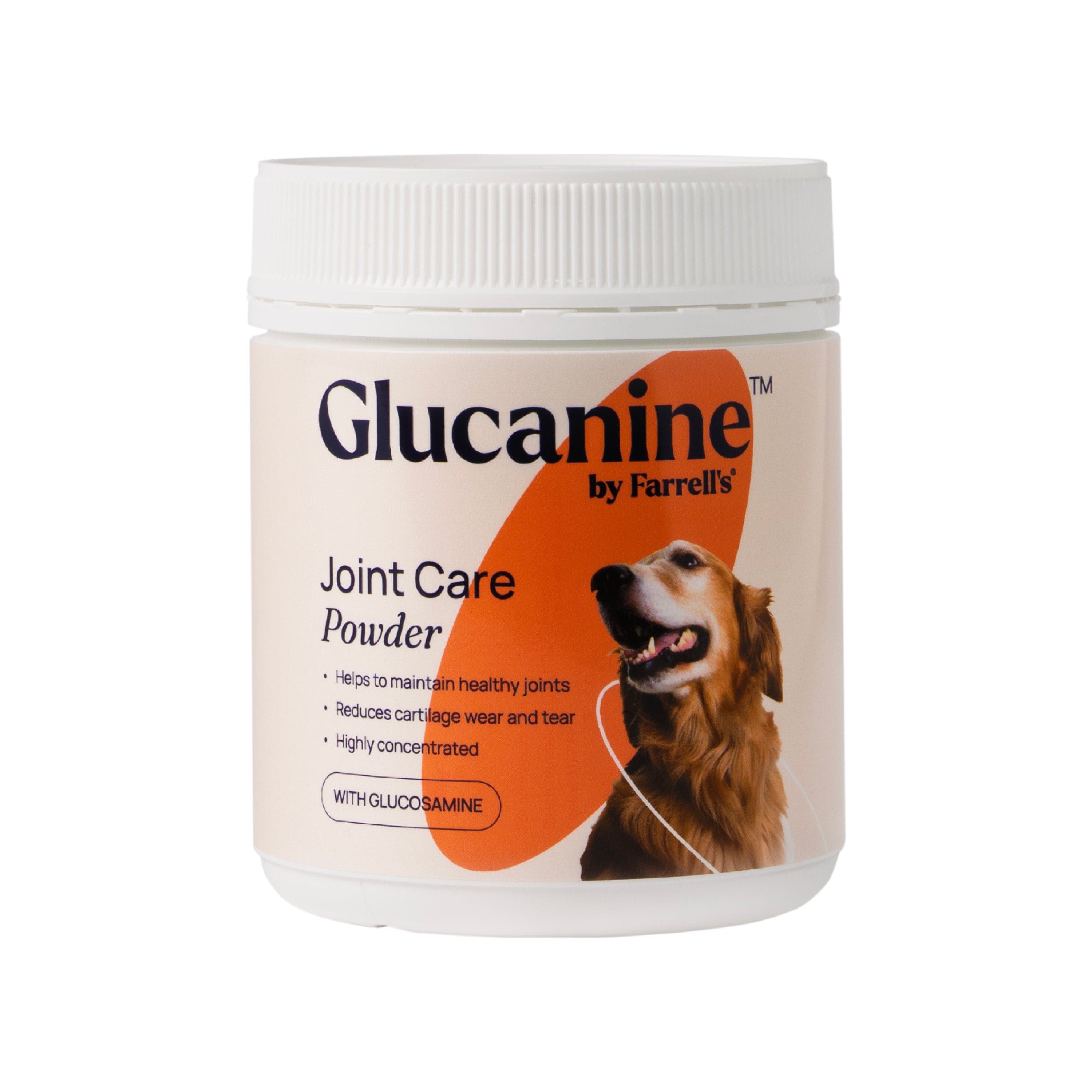
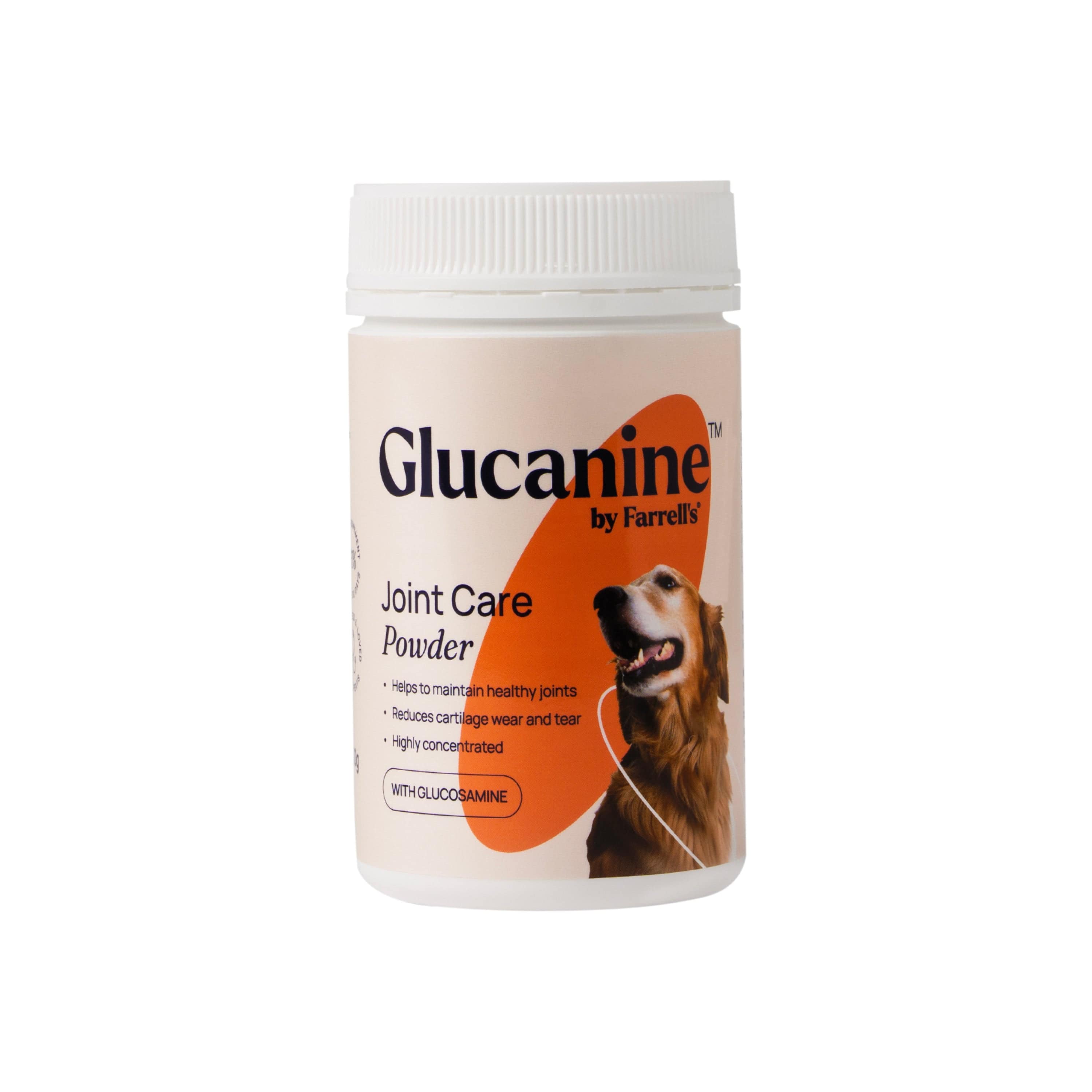
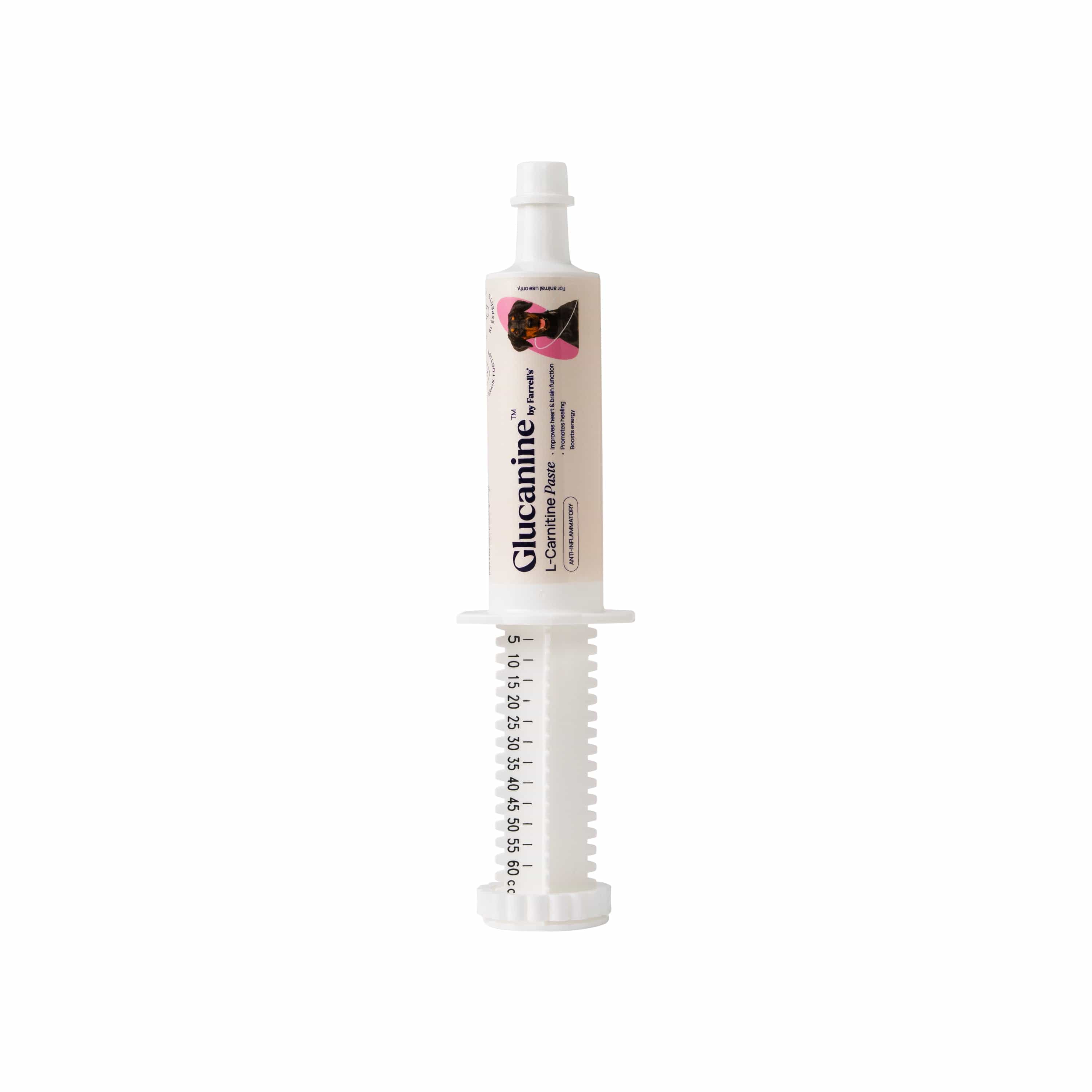
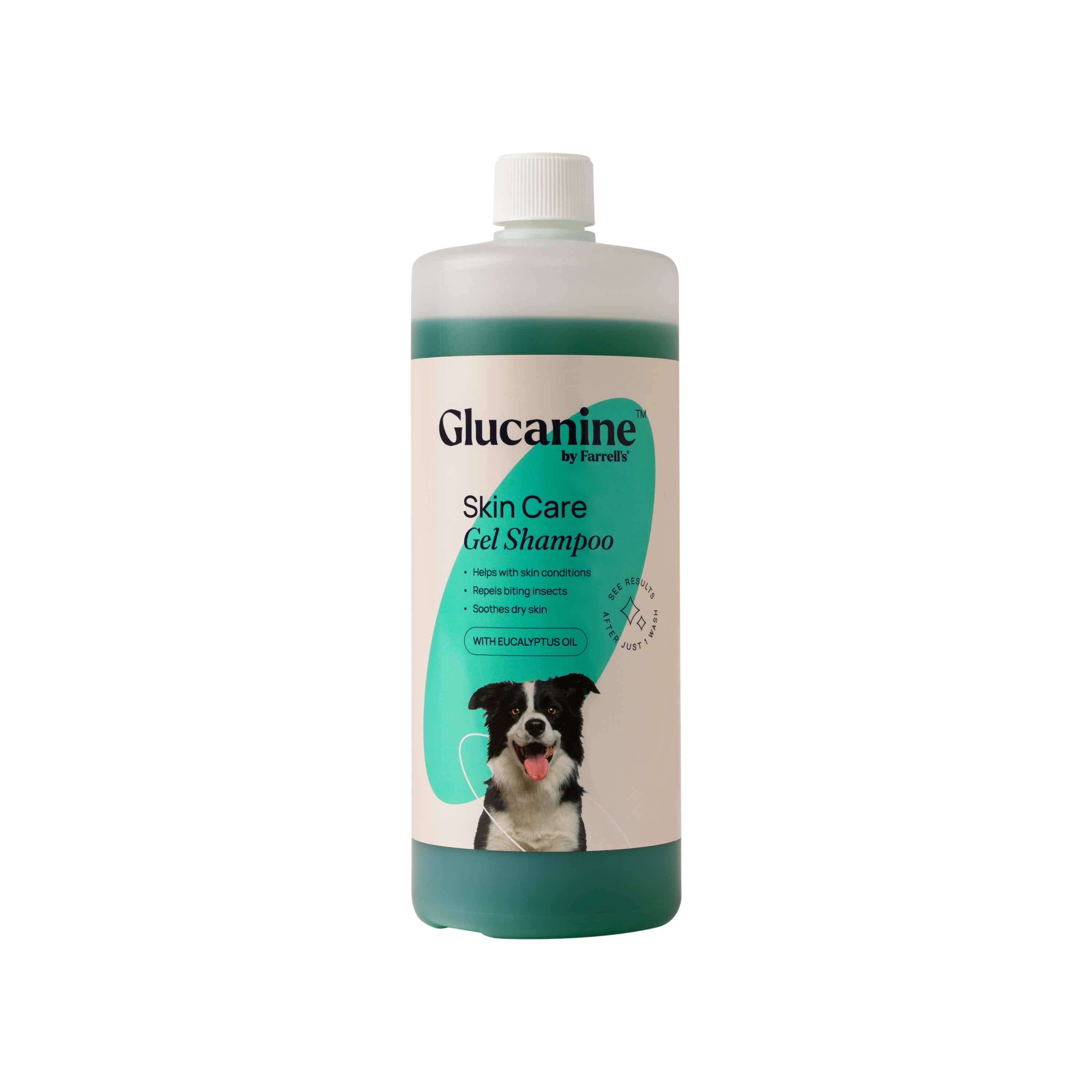
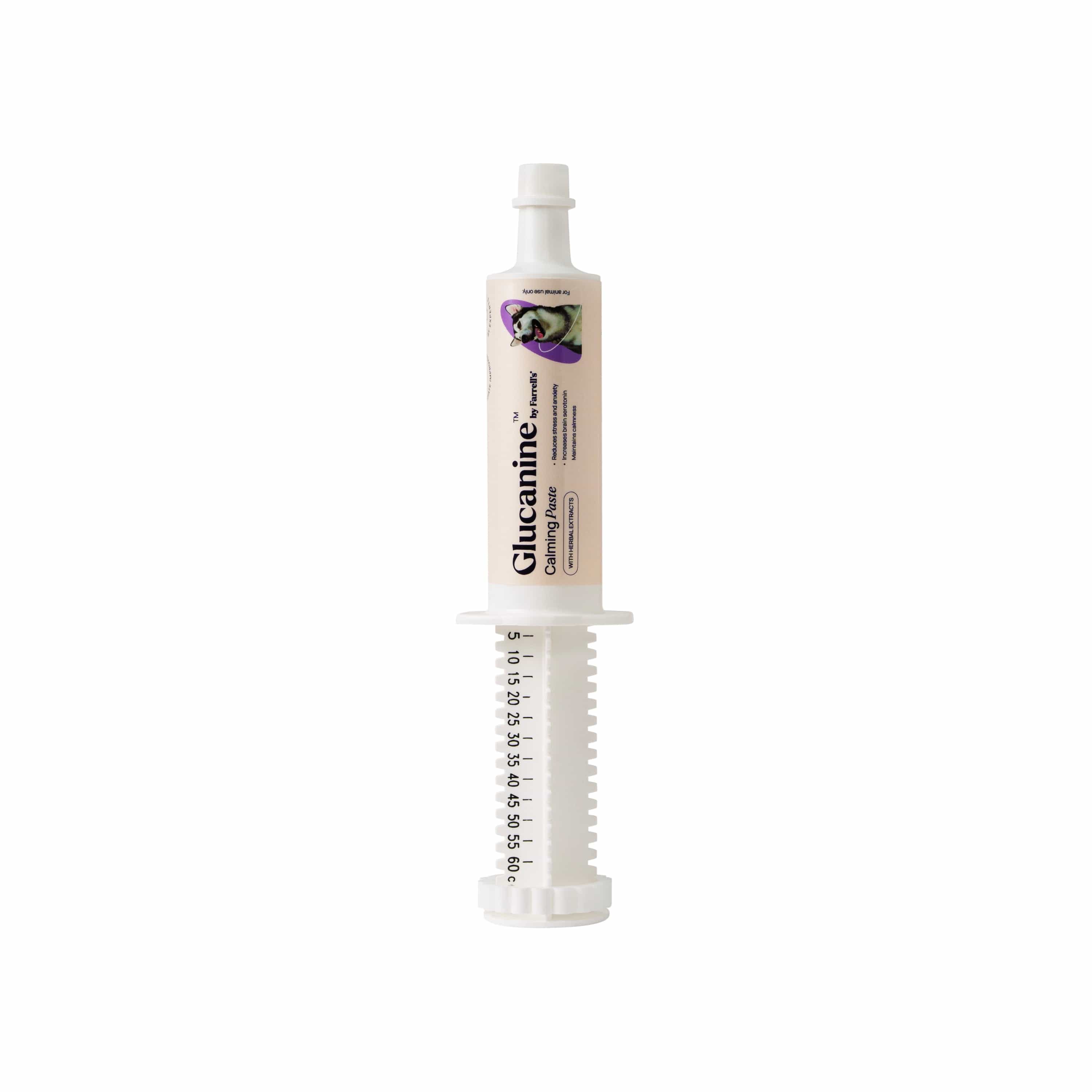
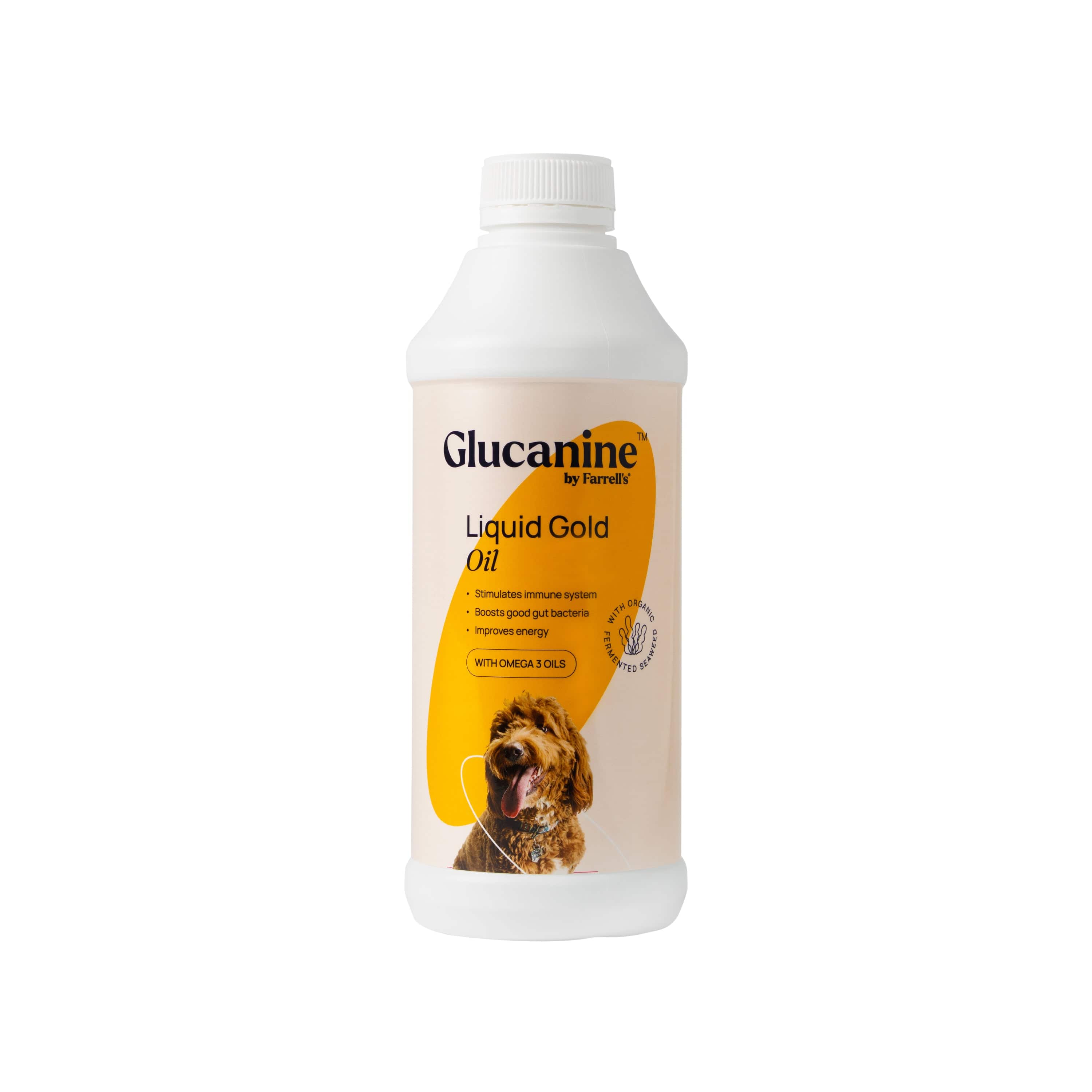
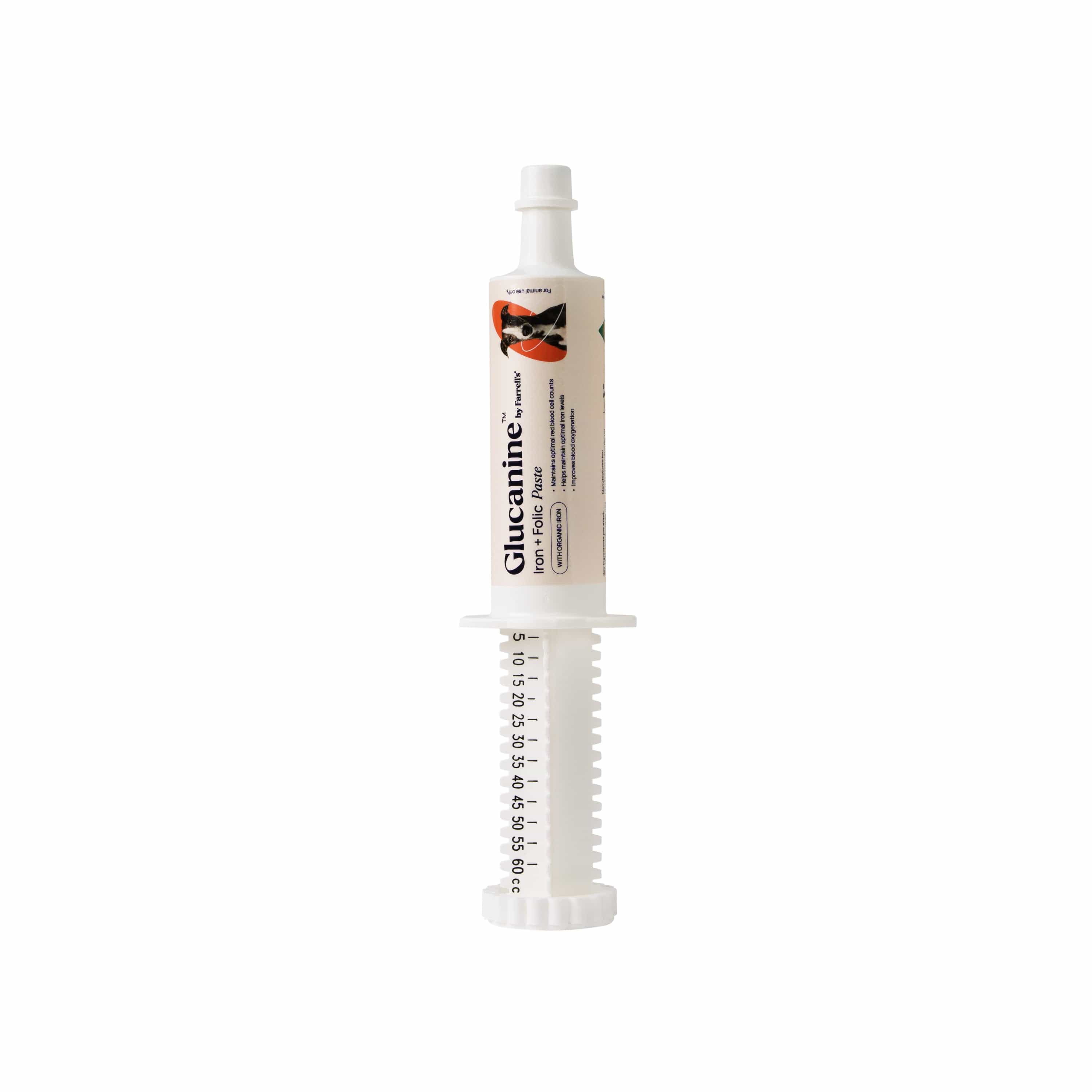
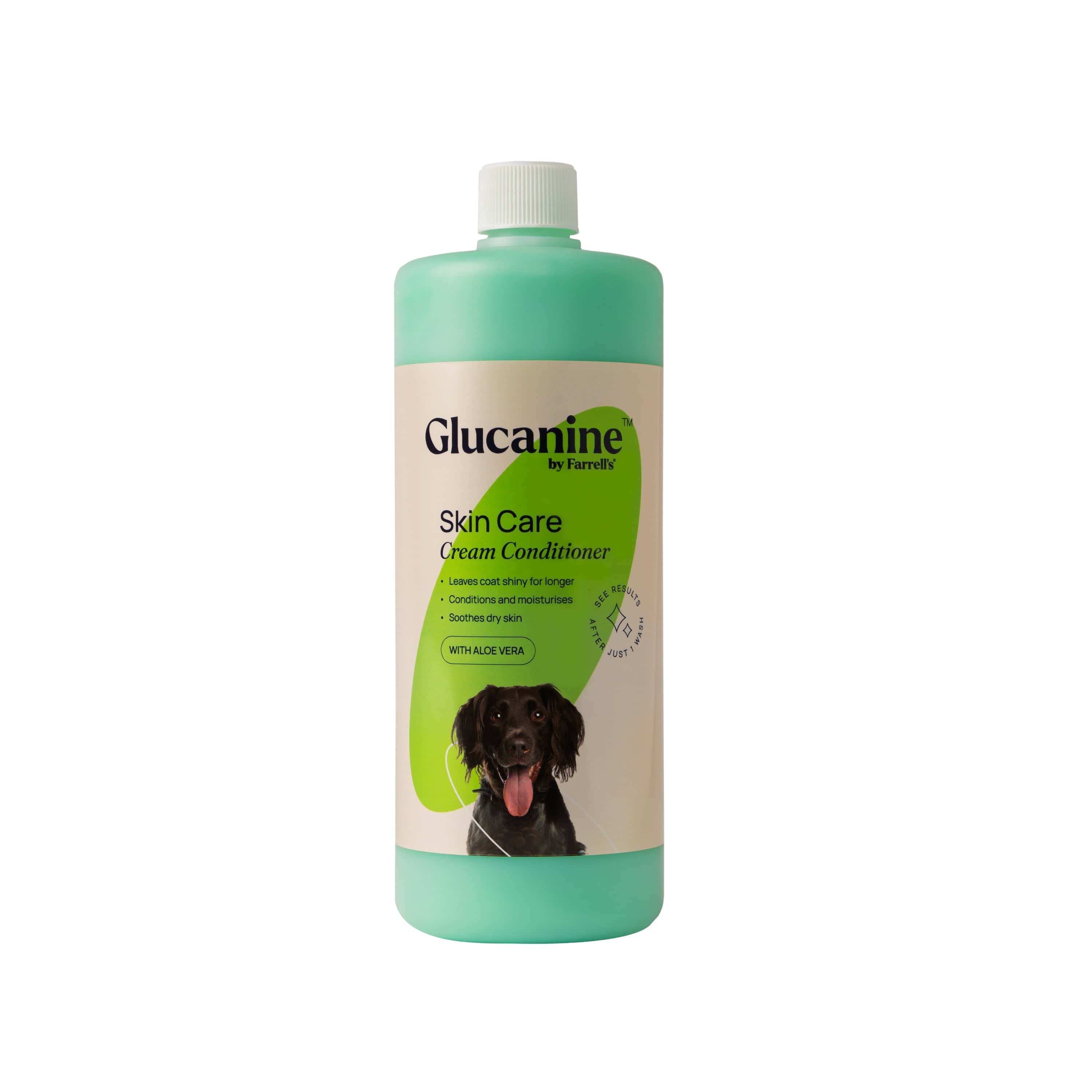
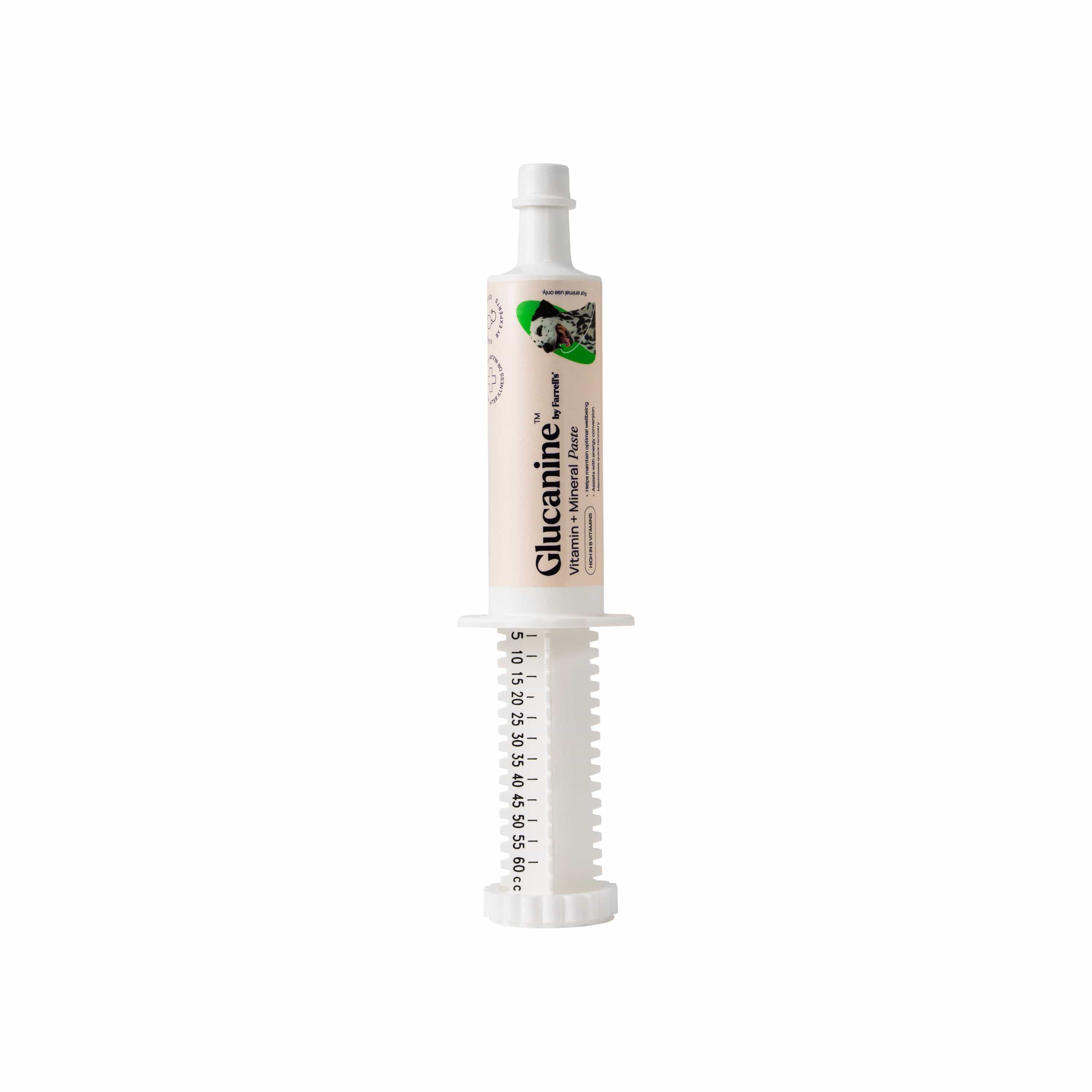
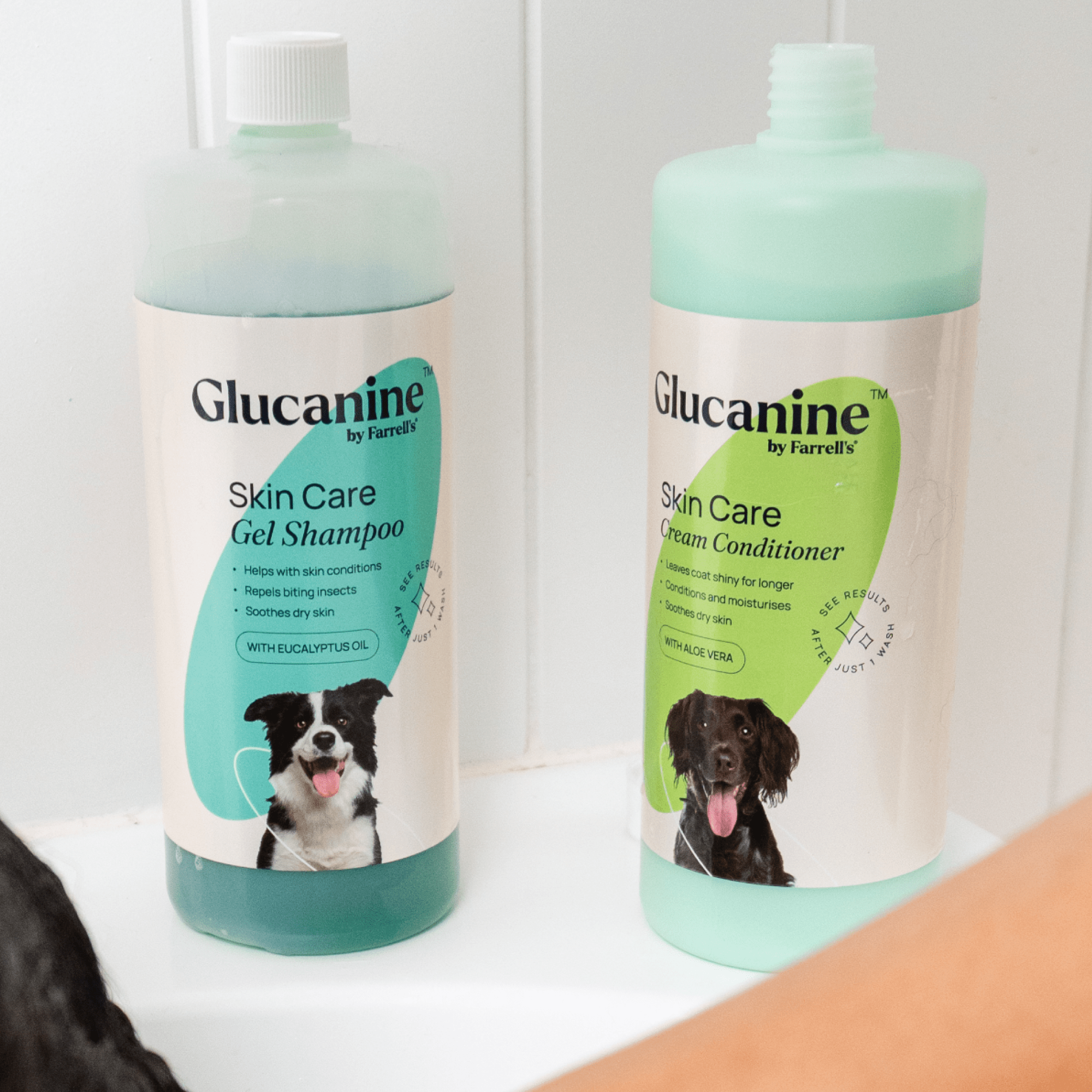
Leave a comment
All comments are moderated before being published.
This site is protected by hCaptcha and the hCaptcha Privacy Policy and Terms of Service apply.